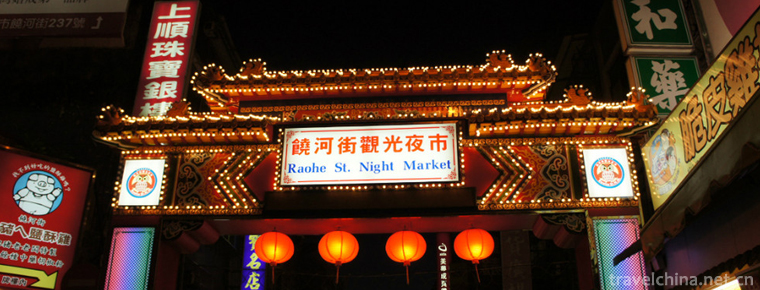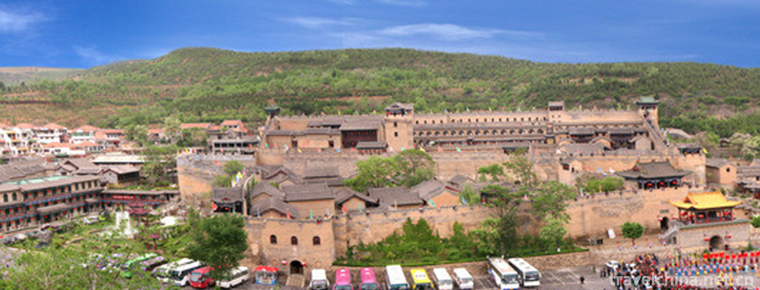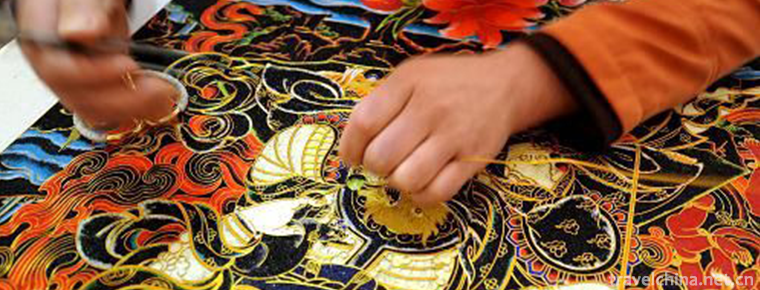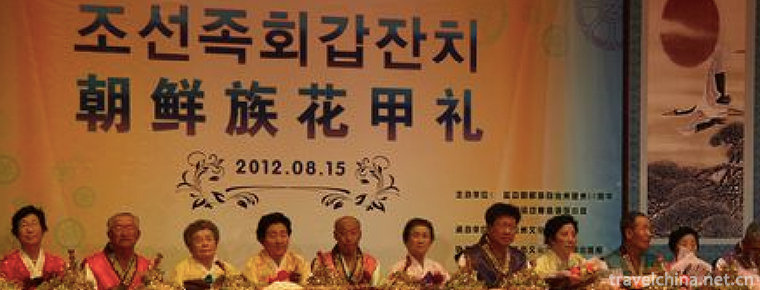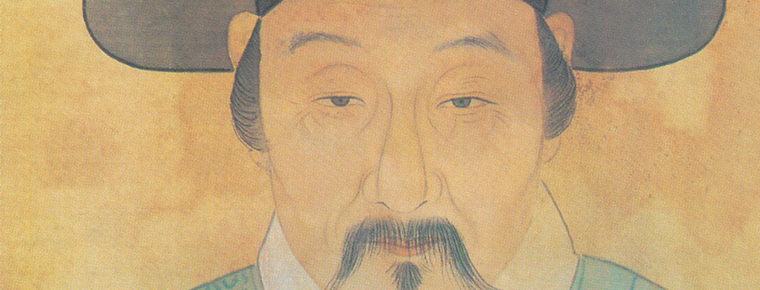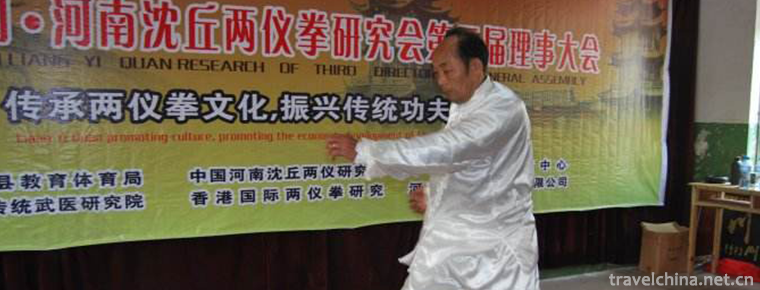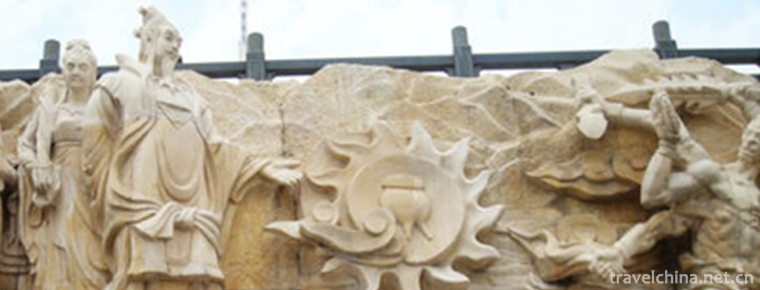Hubei Xiaoqu
Hubei Xiaoqu
Hubei Xiaoqu is one of the traditional operas in Hubei Province. It consists of "Hantan Xiaoqu" and "Tianzhao Xiaoqu". Han Tan Opera, also known as "Hankou Tan Opera" and "Waijiang Opera", is mainly popular in large and medium-sized cities such as Hankou, Shashi and Yichang in Hubei Province, mainly sitting and singing Folk Opera. Tianwu Xiaoqu, also known as "Inland River Xiaoqu", is mainly popular in Tianmen, Qianjiang, Wuyang, Hanyang, Hanchuan and other counties and villages in Hubei Province along the Hanshui River. It is famous for playing traditional folk minors on dishes.
On June 7, 2008, "Hubei Xiaoqu" declared by Wuhan City of Hubei Province was listed in the second batch of national intangible cultural heritage list with the approval of the State Council.
historical origin
Hubei Xiaoqu is a kind of Hubei Opera, commonly known as Hantan Silk String and Waijiang Xiaoqu. The folk songs of Ming and Qing Dynasties spread in the central part of Hubei Province evolved. During the Guangxu period, Tianmiao Xiaoqu artists began to work with Hantan Xiaoqu artists, and entered the teahouse to sit and sing, gradually merging into one. And gradually prevailed in Hankou, Wuchang, Huangshi, Shashi, Jiangling, Yichang, Jiujiang and other places along the Yangtze River. In the 1920s, it was renamed Hubei Xiaoqu. During the War of Resistance Against Japan, when Wuhan was occupied and Xiaoqu artists fled, Xiaoqu from Hubei Province was spread to remote areas and became an influential major type of music in Hubei Province. Spread in Wuhan, Shashi, Yichang and other urban wharfs.
Hubei Opera of China. Around the end of the Qing Dynasty, it was composed of Hantan Xiaoqu and Tianwu Xiaoqu, which were popular in central Hubei. Singing tunes are rich in cards. They are composed of Nanqu, Wenci, Xiqiang and Tanhuang. They are composed of more than 100 folk songs. Singing is mainly sitting, standing and walking. Sitting singing is divided into single, double and multi-person, mainly composed of two-person sitting and singing, with male and female partners. Actors and actresses play Sihu, while actresses fight festivals with clouds. Traditional repertoires include Nanqu's "Grabbing Umbrella", "Qiujiang", "Tiaofen Wall", Xiqiang's "Yinhong", "Wangxianglang" and so on; Songjiang's "Killing Cherish" and "An'an Sending Mi" in the lyrics. After 1949, Lei Feng joined the army, Jiang Jie entered the mountains and so on, which made Hubei Xiaoqu art get new development.
Inheritance significance
Hubei Xiaoqu, like other rap music, is in danger of extinction. Traditional folk culture faithfully reflects the development of the Chinese nation for thousands of years, and is a main thread of national culture. In the footsteps of the times began to produce a strong shock wave today. How to retain the "root" is a question that every descendant of the Yellow Empire needs to think about. In order to carry forward the national culture, protect and rescue the music heritage, explore the laws of traditional music, inherit and develop the traditional Chinese humanistic spirit. In the long-term development of Hubei rap music, each kind of music has formed its own rich moistening skills, learning and mastering these moistening skills, which play an important role in the singing, creation and compilation of rap music, and also have important reference value for the creation, singing and teaching of national vocal music works. Especially, Hubei Xiaoqu is good at lyricism, narration, rigidity, softness, delicacy and euphemism. Special attention should be paid to the use of various techniques to embellish the tune so as to make it more colorful and vivid.

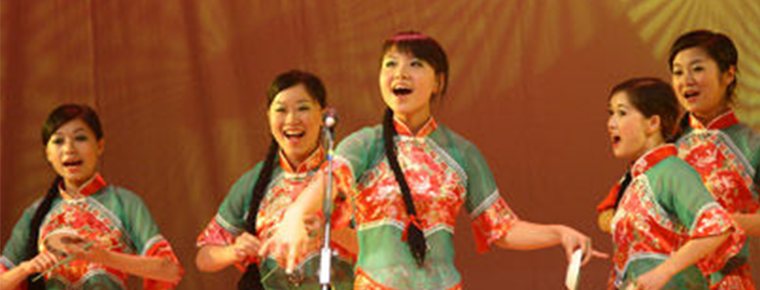
-
Raohe Street Night Market
Raohe Street Night Market is located in Raohe Street.
Views: 498 Time 2018-10-12 -
Royal Prime Ministers Palace
Huangcheng Xiangfu (National AAAAA Scenic Area) is located in Beiliu Town, Yangcheng County, Jincheng City, Shanxi Province..
Views: 145 Time 2018-11-24 -
Songhua Lake Scenic Area
Songhua Lake Scenic Spot is a famous tourist attraction in Jilin Province. It is a national AAAA level scenic spot (AAAAA is being declared). Located in the southern suburb of Fengman District.
Views: 107 Time 2019-02-13 -
Weaving Techniques of Tibetan Bangdan and Kapa
The woolen apron commonly used by Tibetan people is called "Bangdian" in Tibetan, which has the functions of decoration and cold resistance. Jiedexiu Town, Gongga County, Shannan District, T.
Views: 163 Time 2019-04-05 -
Korean Huajiali
The flower armor ceremony of the Korean nationality is one of the important rituals of the Korean nationality's birthday ceremony. Since ancient times, the Korean people have regarded respecting the e.
Views: 275 Time 2019-04-16 -
The story of Xie Jin
Xie Jin (Dec. 6, 1369 - Feb. 22, 1415), a literary Minister of Ming Dynasty, was born in Jishui, Ji'an Prefecture, Jiangxi Province..
Views: 111 Time 2019-05-06 -
Two instruments boxing
Liangyi Quan originated from Zhouyi, which said, "It's so easy to have Taiji. It's the birth of Liangyi". (Liangyi Quan) is also called Liangyi Point-through-Qishen Quan. Its name is formed .
Views: 166 Time 2019-05-13 -
Legend of Dayu
Dayu's water control is a great project in the ancient times of our country. It once benefited mankind and became a symbol of the strength and wisdom of the ancient people of our country. Until the Sp.
Views: 200 Time 2019-07-16 -
Beijing University Of Technology
Founded in 1960, Beijing University of Technology is a multi-disciplinary municipal key university with a combination of engineering, science, economics, management, literature, law, art and education.
Views: 339 Time 2019-09-06 -
Sightseeing car in Chengdu Giant Panda Base
Chengdu Research Base of giant panda breeding currently covers an area of 1000 mu. Tourists can choose to take the sightseeing bus voluntarily if they walk for about 3 hours or take the electric sightseeing bus for about 1-2 hours. At present, there are 8 electric sightseeing buses in Chengdu Giant Panda Breeding Research Base to provide travel services for Chinese and foreign tourists..
Views: 50 Time 2020-12-13 -
Plant resources in Neijiang
Neijiang City is a subtropical evergreen broad-leaved forest belt with mild climate and abundant rainfall, which is suitable for the growth of a variety of trees. There are more than 60 subjects, 110 genera and 190 species. Neijiang is mainly composed of timber forest.
Views: 304 Time 2020-12-16 -
Neijiang medical and health
By the end of 2019, there are 3303 medical and health institutions in Neijiang, including 76 hospitals (56 private hospitals) and 3200 primary medical and health institutions. There are 25900 beds in medical and health institutions and 21100 health technical personnel, .
Views: 328 Time 2020-12-16
